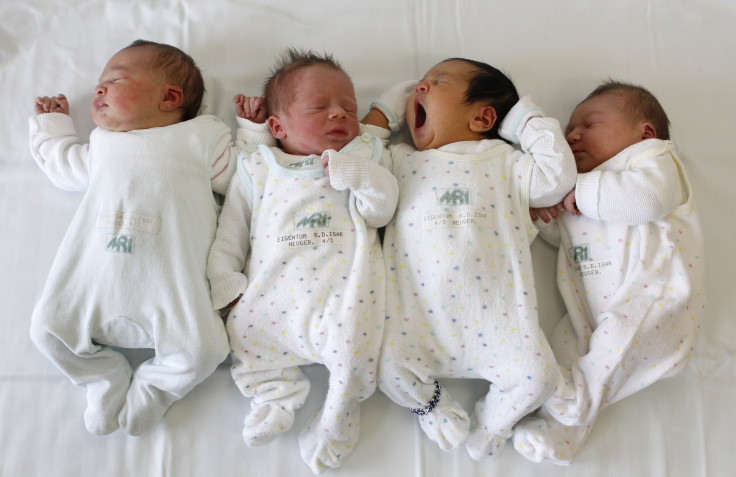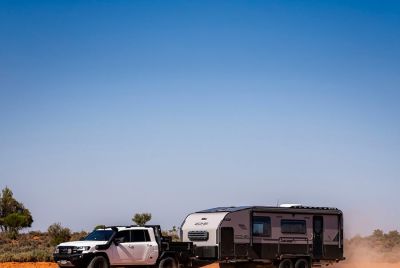Living At High Altitude Might Be A Risk For Sudden Infant Death Syndrome

In a new study, researchers from University of Colorado have reported that babies living at high altitudes are more susceptible to risk of Sudden Infant Death Syndrome or SIDS, in comparison to those living at the lower altitudes. SIDS, also known as cot or crib death is a sudden unexplained death of an infant usually occurring in sleep. The reason behind the death remains unexplained even after an autopsy. In the year 2011, SIDS was the third leading cause of death in the United States in children less than one year of age. The researchers have still not figured out the exact cause of SIDS but there certain reports which hypothesise that babies who die of SIDS might have some type of brain-stem abnormalities which prevent them from rousing when their oxygen levels drop.
The recent study published in the journal Pediatrics was carried out by the researchers with an aim to establish a link between high altitude and its role in SIDS risk. For this, the residential altitude of over 393,000 Colorado infants were noted along with their birth and death certificate data in between the years 2007 and 2012. After taking into account various attributes, the researchers observed that the risk of SIDS in babies living above 8,000 feet is two times more than infants living under 6,000 feet. The study was not able to provide a possible reason behind the increased risk at higher altitudes. However, past studies have indicated that hypoxia, lack of oxygen might play a vital role in SIDS.
The lead author of the study, Dr. David F. Katz, a cardiologist at the University of Colorado says, “Despite the doubling of risk, the absolute risk remains very low.” Study’s senior author Dr. Amber Khanna, a cardiologist and paediatrician at the University of Colorado is of the opinion that “The study findings is like a call for people living in high altitudes to be very vigilant of certain facts that might lower the risk of SIDS like putting the baby on his back every time, no smoking, encourage breastfeeding.” Katz concluded by saying that people should not interpret this study negatively fearing that high altitudes are dangerous and must understand that these study findings sure beg for more attention and needs further investigation into its existence.
To contact the writer, email:ruchira.dhoke@gmail.com





















